
Chinese 'kidney for iPad' trial starts
Nine people have gone on trial in the central province of Hunan, China, accused of illegal organ trading and intentional injury after a 17-year old high school student sold one of his kidneys to buy an iPad and iPhone. The teenager, identified in a report by the state-run China Daily as Wang Shangkun from the Anhui province, was allegedly recruited through a chat room by one of the defendants, and paid 22,000 Yuan ($3,456) for the organ, which was removed in an illegal transplant operation by a team from a local hospital. The kidney was sold by the gang behind the trade to an unknown buyer for 150,000 Yuan ($23,566) and a further $10,000 in cash, netting them a profit of around $30,000.
While to Westerners $3,458 seems a shockingly low price to sell a kidney for (especially considering how much the recipient was willing to pay), it’s important to put that figure into context. The average wage paid to workers assembling Apple products at Foxconn is around 2,200 Yuan ($346) a month, so the figure Wang received would have equated to nearly ten months’ salary for someone working at the plant -- a colossal amount of money to a young man still in full-time education.
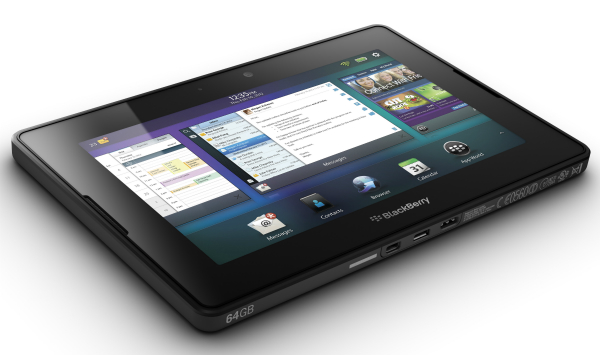
4G LTE BlackBerry PlayBook makes iOS and Android devices feel about as sophisticated as my daughter’s old 'Speak & Spell'
I love underdogs. Whether it’s David vs. Goliath, Rocky vs. Apollo Creed or Microsoft (circa 1992) vs. IBM, I enjoy rooting for the plucky upstart. Which is why I find the resurgence of interest surrounding Research in Motion's beleaguered PlayBook tablet all the more satisfying: Here is a product that stumbled out of the gate and was left for dead, only to slowly crawl its way back into the ring of respectability through a combination of raw talent and sheer force of will.
Make no mistake: The PlayBook was an impressive device when it first shipped in April, 2011. Bristling with class-leading technology, RIM’s first foray into the tablet market should have been an instant hit. However, the software half of RIM’s winning formula still wasn’t fully baked, with some glaring omissions (email, calendar) and few third party apps to speak of. And, in a truly ironic twist, many early critics actually panned the device for its smallish 7-inch form factor.
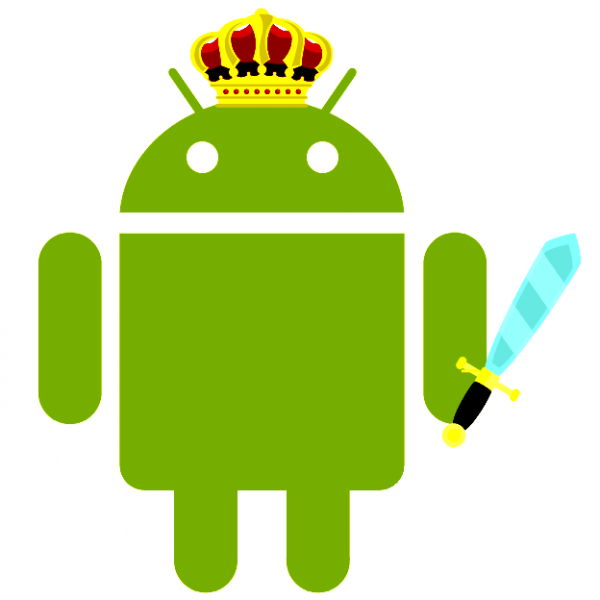
CyanogenMod 9 hits stable release and now you can update OTA
Modders everywhere rejoice: CyanogenMod 9 (CM9) is now a “stable” release for popular Android smartphones, according to a blog post by CyanogenMod team. CyanogenMod 9 is developed from the Android Open Source Project (AOSP), having Android 4.0 Ice Cream Sandwich as its starting point.
The guys behind the project announced that the stable release “will be the end of the line for the ICS branch” and that they will only fix critical bugs from now on. As well, the team will focus only on CyanogenMod 10 and maintaining the CyanogenMod 7 (based on Android 2.3 Gingerbread) codebase. The other great piece of news comes from the development on CyanogenMod 10, which is based on Android 4.1.1 Jelly Bean.
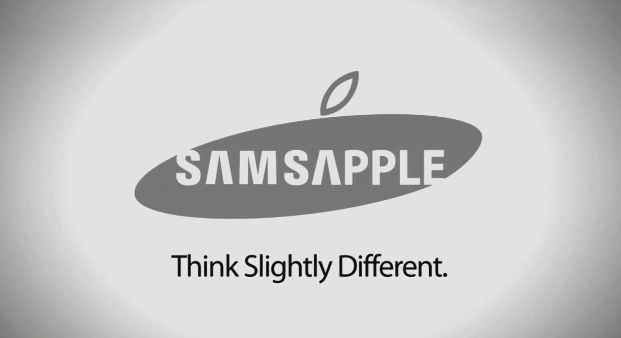
10 interesting things we’ve learned from the Apple vs. Samsung trial (so far)
We’re only into the second week of the "patent trial of the century" but we’ve already been granted an unprecedented peek behind the curtain into the notoriously secretive world of Apple Inc. Here, in no particular order, are ten of the most fascinating reveals from the trial to date.
Steve Jobs was open to the idea of a seven inch iPad
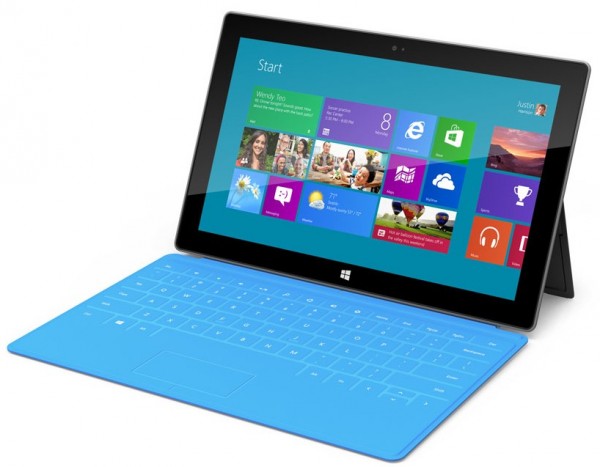
Microsoft makes its own hardware and software rules, and that’s a good thing
Acer CEO JT Wang has been quoted as saying Microsoft's Surface could have a negative impact on the Windows ecosystem, frustrate OEMs, and potentially have far-flung negative consequences. Why is there a problem when Microsoft wants to set a standard in both hardware and software? Windows Phone, Surface, and Signature represent a generational shift in Microsoft’s thinking related to operating systems, hardware, and the intended software experience. This is the Microsoft that should surface (no pun intended) from every interaction with one of their products, and who’s to say that’s not a good thing?
When Microsoft announced Surface, I immediately saw great potential for people like me who need advanced software to perform real tasks that require an intensive use of resources. But at the same time, Microsoft Surface gave a glimpse of what’s to come: Microsoft can actually make hardware to its own specifications and design. It is an approach that has been slowly coming to the front with Microsoft which began three years ago, before the debut of the first Windows Phone. Working closely with HTC, Microsoft could make sure the hardware performed in such a way that its software looked better.
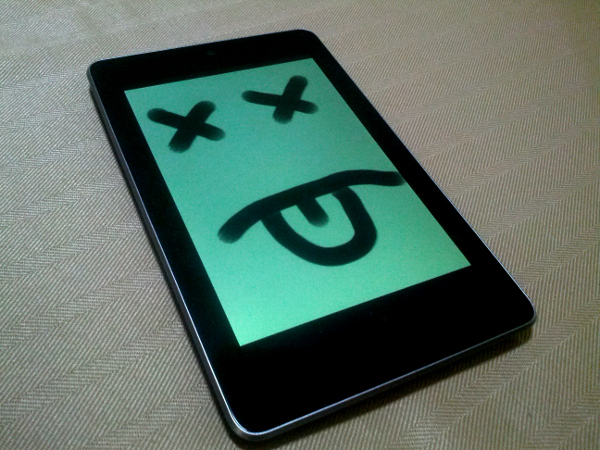
The Nexus 7's biggest problem is Google
We've heard a handful of complaints about Google's Nexus 7 screen dimming and flickering, but they pale in comparison to this story from New York tech industry professional Ed Zitron, who is currently dwelling in Nexus 7 support hell.
I was really excited about the Nexus 7, for just two hundred dollars I could get a device that I could sling in my bag, play with, enjoy mindlessly and then put away --a nicety, a frivolity, something enjoyable and cheap that I wouldn’t worry about.

Good news for RIM fans: RIM unveils the 4G LTE BlackBerry Playbook
Suddenly RIM is in the news again, and this time it’s not about financial troubles or product delays to 2013.
Instead, the Canadian manufacturer announced the introduction of its new 4G LTE BlackBerry Playbook, along with the specifications of the 4G LTE 7-inch tablet aimed to bring stability to a company that’s facing difficult financial problems. When’s it coming and where?
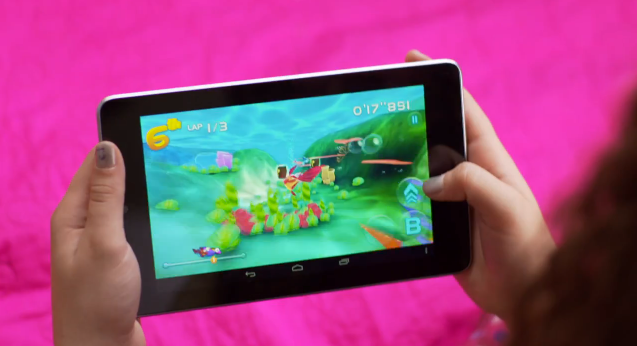
Why does Google subsidize Nexus 7?
To understand why Google subsidized the Nexus 7, you have to first understand what makes the tablet market unique from all other forms of personal computing. All personal computing devices fall into three major categories: PC, cellphone, and tablet (with possibilities for more in the future such as “smartglasses”, which Google and others are developing).
The PC market is mature, there have been very few changes since the nineties; functionality has steadily improved and the only big change was the advent of the laptop, which changed the form, although, it didn’t change the two main players: Apple and Microsoft, with Microsoft’s hardware manufacturers also playing an important role. The players in the PC market have changed little (sure HP bought Compaq and IBM sold out to Lenovo). It would take a truly revolutionary product to change anything even though there have been attempts -- the constant presence of Linux, and the recent (relatively) introduction of Chromebooks for example -- none have have managed to have any impact.
Android 4.0 Ice Cream Sandwich is growing, but Gingerbread still rules them all
As manufacturers release upgrades to Android 4.0, and people buy Ice Cream Sandwich-based smartphones, Android 4.0 Ice Cream Sandwich (ICS) accounts for 15.9 percent market share of the Android operating system family, which is the highest distribution level since its introduction in October 2011. This statistic is provided by Google based upon the number of devices accessing Google Play within a 14-day period up to August 1. Net Applications rates ICS at an even higher percentage of the Android market.
Android 4.0.3 to 4.0.4 account for 15.8 percent Android market share, a whopping 99.37 percent of the Android 4 Ice Cream Sandwich deployment. After the release of popular Android smartphones like the Samsung Galaxy S III running Android 4.0.4 or HTC One X running Android 4.0.3 as well as the updates to Android 4.0.4 to Sony Xperia S, Samsung Galaxy S II to Android 4.0.3, Motorola RAZR MAXX to Android 4.0.4, the update of the Samsung Galaxy Nexus to 4.0.4 on Verizon and GSM owners who haven’t yet updated to 4.1 and to other older devices, ICS 4.0.3-4.0.4 is justifiably more popular than Android 4.0-4.0.2, which is now just a speck in its rear view mirror.

Why I (still) fear Android
It's a BlackBerry Playbook fan's penance. After months spent swiping away the nightmares from my early Android tablet experiences (think Honeycomb 3.xx on Galaxy Tab 10.1), I find myself once again staring into the dark abyss that is Google's nascent mobile OS.
The occassion? An impromptu evaluation of the Acer Iconia Tab A200 as a potential low-cost computing solution for secondary education. My wife and I looked at possible post-PC alternatives for use in a new private high school we're funding on our home island of Mauritius. The hope was that such a tablet, coupled with a wired or wireless (the A200 has a full-sized USB port) keyboard/mouse combo, could serve double duty as both a library reference device and a thin client for hosting RDP sessions into a Windows terminal services environment (still gotta teach those kids Microsoft Office).
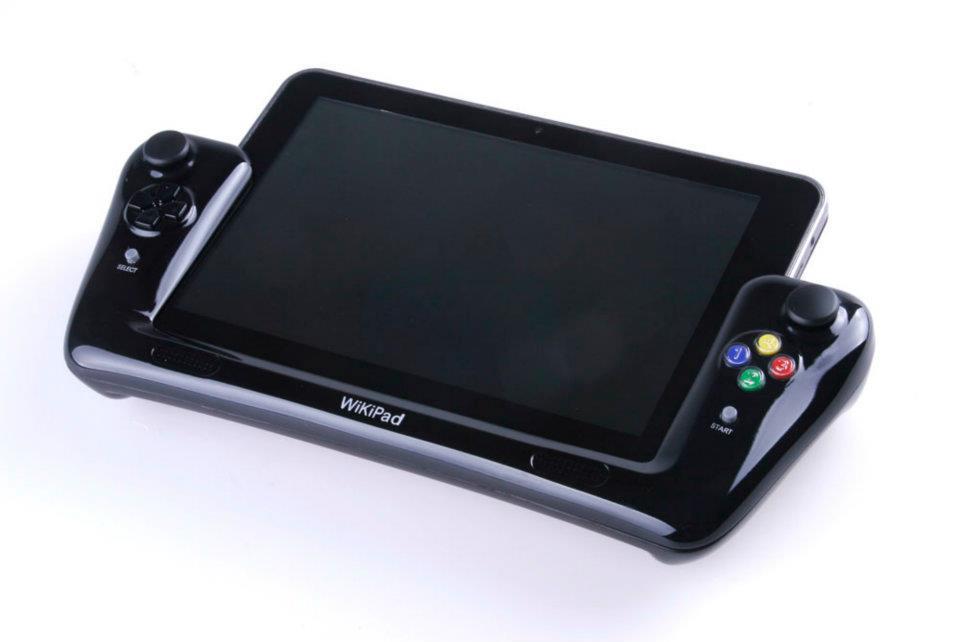
Wikipad Android gaming tablet gets specced, is it anything to write home about?
After attracting attention with news about its upcoming gaming tablet, Wikipad has made available the most important specs for their Wikipad tablet. According to a press release, it will be released at the end of the 3rd quarter of 2012 and it will be made available through worldwide major retailers.
Even though the Wikipad debuted last January at the Consumer Electronics Show 2012, not much was known about it. Most of the specs were unknown until today. The tablet is powered by an nVidia Tegra 3 1.4GHz quad-core processor paired with 1GB of DDR2 RAM and a 520MHz GPU, while the internal storage capacity will be at least 16GB. It has a 10.1-inch IPS display with a 16:10, 1280x800 resolution. It weighs 560 grams, and the thickness is 8.6 mm. Power comes from a 23.56Wh battery, which supposedly offers 8 hours of video playback and 6 hours of gaming time. An 8 megapixel rear-facing camera along with a 2 megapixel forward-facing camera are also included. To back up the "gaming" claim, the Wikipad tablet will come with a gaming controller add-on, which attaches itself to the Wikipad at the bottom through a proprietary connector. It will ship with Android 4.1 Jelly Bean out of the box.

Google resumes 16GB Nexus 7 sales
When the larger model of the Nexus 7 vanished from the Play store a week ago, it was generally assumed that demand outstripped supply. After all, the tablet has been insanely popular since its launch, and pretty much sold out everywhere. The fact that the 8GB model was still available in the store just suggested that people were more interested in physical memory than cloud storage.
But then the conspiracy theories began to kick in. There had been a lot of complaints about the 16GB model prior to its disappearance, with most focusing on screen issues, which led my colleague Joe Wilcox to question whether the model had been withdrawn for reasons other than just overwhelming popularity. His article certainly struck a nerve and generated some interesting comments, including further complaints about the device. Could he be right? Was there more to the story than Google was telling us?

Let’s not blindly give every latest tech marketing prophet his profit
Another day, another tech product launch, and all those numbers that go with it. We just love numbers, don’t we? And generally the bigger the better. (Except in cases where they’re supposed to be small, obviously.)
The numbers in hardware and software specs are useful tools, and it’s true that bigger numbers are often better. But those same numbers carry hidden dangers, too, and, like a burger that’s too big to be good for you, that extra dollop of cream on your cake -- or the Italian town of San Gimignano, where each family just had to build a tower taller than all the others - we can become addicted to the figures without thinking about what they all really means. So let’s not blindly give every latest marketing prophet his profit, but consider our own health first.

PC-era dinosaurs: Beware the BYOD Extinction Level Event
Ah! Life in paradise. As the literal incarnation of the mythical "guy who ran away to a tropical island", I've had the joy of returning to my once primary (and now mostly vacation) home in the United States only to discover all of the things that can go wrong with an empty house in the Florida heat (this time, it was a failed A/C compressor -- ugh!).
However, I've also had the opportunity to revisit many of my core IT beliefs from the perspective of a relative outsider living in the slower-paced world of coconuts, litches and 2Mbps ADSL connections. Basically, my geographic isolation has forced me to take the long view on new technology trends. Which is why I'm so excited about the potential of BYOD: I see the emergence of the Post-PC phenomenon as a truly disruptive force that will forever change how people view "computers".

What’s stopping Apple and Samsung from settling?
Patent settlement talks between Apple and Samsung have been planned for a while, and despite the major importance they have to both companies, it wasn't until last week that executives met to discuss whether they can agree on ending the quarrel between them. So what happened? They couldn't set their differences aside as the settlement talks have hit a bump in the road, not agreeing on each other’s value when it comes to patents.
After numerous meetings in court it's clear that settlement is the best option, but the companies haven't yet arrived at a compromise, and the two companies' other legal disputes haven’t been put on hold, as Apple is still trying to resolve an issue it has with Samsung in a San Jose federal court on July 30.
